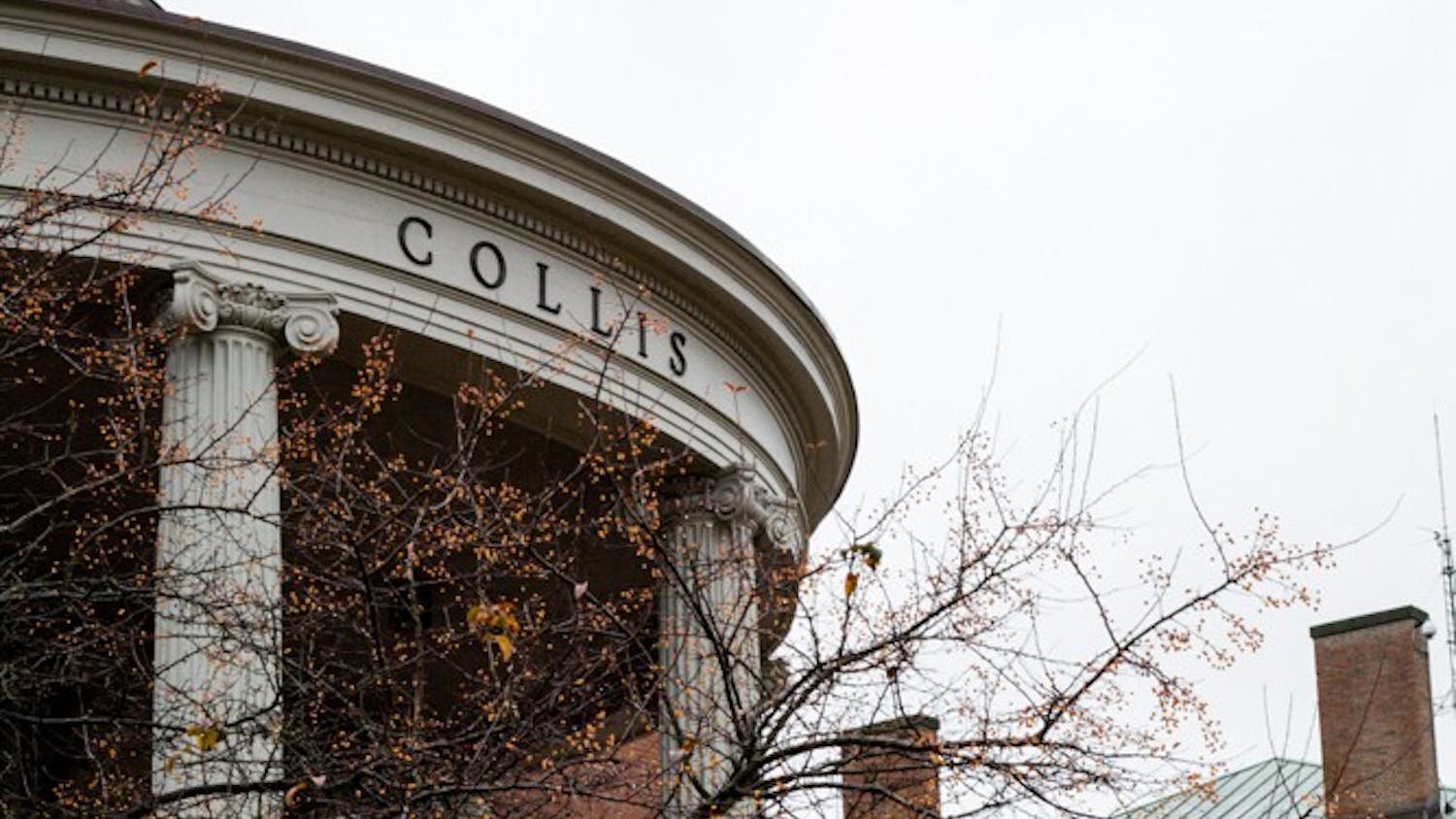Student groups under the Council on Student Organizations umbrella have less than a quarter of COSO's original budget left to vie for as they head into the second half of the year.
As of early Wednesday, COSO had approximately $48,600 remaining in its coffers, out of the $215,000 budget it received from the Undergraduate Finance Committee last spring. The COSO budget always gets tighter as the year progresses, though the pinch has come a bit earlier this year, according to members of the organization.
COSO members attributed the slightly premature budget strains to a higher number of yearly budget submissions, a growing number of member organizations and larger expenditures for student publications.
"We are in a typical situation where the money has run out before the end of the year, however this year it's just happened a little earlier than in the past," said non-voting COSO chair Eric Ramsey, who also serves as assistant director of student activities.
Of the 110 COSO member organizations, only about 50 request funding, and all groups have the ability to seek support elsewhere, Ramsey said. Alternative funding may come from the Programming Board, Collis Governing Board and individual departments.
Ramsey attributed the earlier onset of this year's budget crunch to increasing programming costs. The figures also appear skewed because some groups receiving significant amounts of COSO money submitted their budget plans for the whole year upfront. Those groups will probably not be applying for any more funds later on, he said.
COSO member Diana Zhang '06 returned to the organization at the beginning of Winter term after spending her fall off-campus.
"I came back a bit surprised that we'd spent so much of our budget Fall term already," said Zhang, who added that the numbers reflect the shift toward submitting annual budgets rather than applying for money throughout the year.
"I was actually kind of pleased to see that," Zhang said of the low budget figures, "because it meant that groups were listening to COSO's advice."
Zhang also said that publications are "taking an increasing chunk" of COSO's budget. COSO publications include The Dartmouth Independent, Dartmouth Free Press, Jack-O-Lantern, Stonefence Review and the Dartmouth Beacon, among others.
COSO's membership gets longer every week, Zhang said.
"Our budget didn't grow proportionally to the number of organizations that we're trying to fund," Zhang said.
When COSO approaches the Undergraduate Finance Committee in the spring for funding, Zhang said it will stress the fact that the number of groups is growing rapidly.
According to Ramsey, COSO approves about three or four new organizations each term, but stressed that COSO recognition did not guarantee COSO funding.
For student groups to increase their chances of receiving COSO money at this point, "it's important that they get their proposals in early," Ramsey said, "and that they be realistic with their proposals."
This year's budget concerns are not nearly as serious as those COSO faced two years ago, according to member Sara Hudson '05, who attributed COSO's stronger position to the shift toward annual budgets.
"They didn't do it at all until last year, and that year there were probably two or three that did it," Hudson said. The results are that the current budget is "a little bit tight, but it's not awful."
As for groups that have yet to make funding requests for their projects, Hudson urged a quick submission of their budgets, "before the money runs out, basically."
Ramsey said he expects that COSO will review future proposals carefully and try to make the best decisions possible through Spring term.
"Every year, budgets are turned away toward the end of the year, but I think it's important for COSO groups to know that COSO does have their best interests at heart, and they don't want to turn people away," Ramsey said.
The UFC also provides funding from its $755,000 budget to organizations including the Student Assembly, Class Councils and Programming Board. Each year, the organizations submit proposals to receive their share of the UFC's funds, which are derived from student activities fees of about $60 per student per term.
Five administrators serve on COSO in non-voting roles alongside 17 students, who are selected for three-year terms through an application process during their freshman spring.



